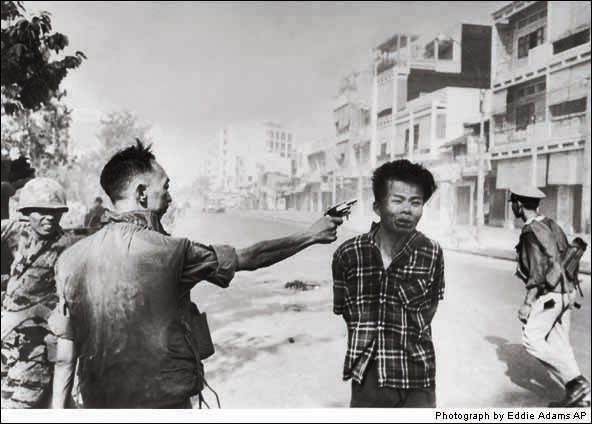The Internet
So the time has come to see what my relationship with the
media is really like. I kept details of
the time I spent on the internet, watching TV and reading over a period of ten
days from 13 March to 22 March. Let’s
start with the largest part of my media consumption; the internet.
Scary stuff, I spend the equivalent of six and a half days
on the internet. That’s over half the time that I undertook this study (ORLY?) A much simpler way of looking at the time I
spend on the internet is through a pie chart.
According
to the survey that the JOUR1111 cohort completed at the beginning of the course,
the average amount of time that we spend on the internet everyday is about two
to three hours. My average is about
fourteen and a half...
Now I do spend a lot of time in front of a computer, but
there are other reasons why my internet usage is so high. In my browser I have all my regularly visited
sites bookmarked for convenience. So I
can open several tabs with most of my bookmarks open. This shows that I don’t just sit on Facebook
for several hours, then go to Youtube, then to Blogger. It shows that people are generally doing more
than one thing at a time when they use the internet.
According to the survey 77.3% of us have an internet enabled
smartphone, I am part of this group. I
have a HTC Incredible S (iPhone’s are too mainstream for me) and have unlimited
access to Facebook and Twitter. Days
when I’m at uni and have a massive break (five hours every second Tuesday,
thanks SI-net) I constantly check Facebook on my phone because I’m so bored. It seems bad that I spend so much time on
Facebook, but that’s what 91.9% of us spend most of our time doing on the
internet.
I finish uni at about six o’clock each day and don’t get
home until seven thirty, which means I stay up doing work and have the internet
open. When I do work I listen to music
on Youtube and compulsively check Facebook.
I also prefer watching TV over the internet which does take up a fair
bit of my time.
Television
Like I said before, I prefer to watch TV over the internet
but I still do watch it like normal people.
I have a table to prove it and everything.
According to the survey people spend about one or two hours
a day watching TV, my average is 1.7 hours.
Days when I watch a fair bit of TV is because I am catching up with them
online. The survey also said that 36.6%
of us stream TV shows from the internet which is probably a sign that we prefer
this method of television as we can watch what we want when it suits us.
Music & Radio
Radio is considered old fashioned by some and is struggling
to compete against other forms of media.
As the graph shows from the survey, most people only listen
to a few minutes of radio every day. I
don’t really listen to any. That is
because I don’t put the radio on at home to listen to and rarely travel
anywhere by car, which are the two main ways people would listen to the radio.
In saying that I still listen to
music, just not usually through radio.
So I clearly utilise the two main mediums that the cohort
uses to listen to music; the computer and i(one of their products). However I mainly listen to music through CD’s
and it does surprise me that more people don’t use them. I download music like most other people yet
still enjoy buying CD’s and thought that some other people would be the
same. I use CD’s a lot because I use my
stereo to drown out the distractions in my house when I’m trying to do work (I
still get distracted, so it doesn’t really work).
Reading
I like to read quite a lot because I’m quite nerdy. So I thought that would be worth noting for
this assessment. And by publications I
mean things like newspapers and magazines.
Because I’m a uni student I spend most of my time doing
academic reading and only read leisurely when I’m travelling to or from uni or
when I’m procrastinating. I do read some
newspapers, but I mainly read publications like Time and New Scientist as
I usually get my news from online news sources.
As the survey shows more people get their news from online “newspapers”
than from regular newspapers.
Old VS New Media
I am clearly a new media person as I spend the majority of
my time on a computer. However, I still
do find time for old media and find it still to be a valuable resource.
Media Production
Even
though I spend a lot of time on social media websites, I would say that I am definitely
more of a consumer than a producer.
During
the ten days, on Facebook I posted eleven status updates, three photos and one
link. On Twitter I tweeted four times
and I posted twice on Blogger.
I think I consume more than I produce because I like to
observe things rather than be the centre of attention. Then again, as I explore the media more
through my studies I think I will become more of a producer while at the same
time still consuming quite heavily due to my interest in other people’s
opinions and what not.


































